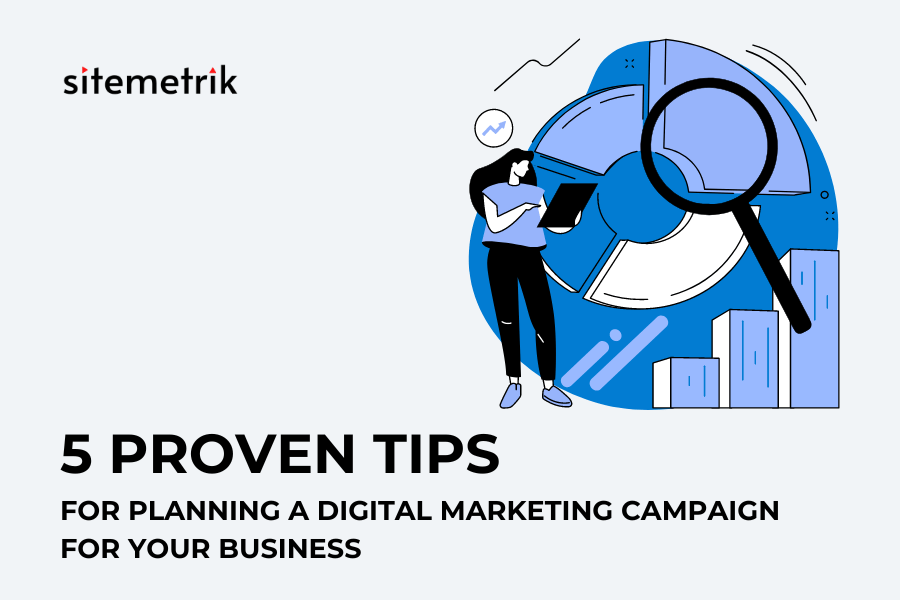5 Proven Tips for Planning a Digital Marketing Campaign For Your Business
What is Digital Marketing?
In today’s digital age, understanding digital marketing campaign tips for businesses is essential; digital marketing serves as a crucial component for establishing an online presence and connecting with the target audience. Businesses must grasp what digital marketing entails and how implementing effective digital marketing strategies can propel their marketing efforts forward.
Digital marketing refers to the use of various online channels and tactics to promote products or services, attract potential customers, and increase brand visibility. These online channels include search engines, social media platforms, email marketing, content marketing, video marketing, and more. With the right digital marketing strategies and tools, businesses can effectively reach their target audience, build a strong online presence, and ultimately drive conversions and achieve their marketing goals.
Benefits of Digital Marketing Campaigns for Your Business
In today’s digital age, implementing effective marketing campaigns is crucial for businesses to stay ahead of the competition. Digital marketing campaigns offer numerous benefits that can help businesses reach their goals and achieve success.
- One of the key advantages of digital marketing campaigns is the ability to reach global audiences. Unlike traditional marketing methods, digital marketing allows businesses to connect with potential customers from all over the world. With the increasing use of the internet and social media platforms, businesses can tap into a vast pool of potential customers and expand their reach.
- Another benefit of digital marketing campaigns is the ability to target and segment audiences effectively through personalization. With various digital marketing strategies and tools, businesses can deliver tailored messages and offers to specific demographic groups, increasing the chances of converting prospects into customers.
- Digital marketing campaigns also provide businesses with greater visibility across different digital channels. By utilizing search engine optimization (SEO) techniques, content marketing, and social media marketing, businesses can increase their online presence, attract organic traffic, and rank higher on search engine results pages.
- Rapid communication is another advantage offered by digital marketing campaigns. Businesses can connect with their customers in real-time through various channels such as email marketing, social media accounts, and instant messaging. This allows for quick and efficient customer support, fostering positive customer experiences.
- Lastly, digital marketing campaigns enable businesses to make better decisions through data collection and analysis. The use of analytics tools, such as Google Analytics, allows businesses to gather valuable insights about their marketing efforts, customer behavior, and performance. This data-driven approach enables businesses to refine their strategies and optimize their marketing campaigns for better results.

5 Tips for Planning a Digital Marketing Campaign For Your Business
Planning a successful digital marketing campaign is essential for businesses looking to reach their target audience and achieve their marketing goals. With the right strategies and tactics, businesses can effectively leverage various digital channels to increase their online visibility, drive traffic, and convert leads into customers.
Defining Your Goals and Objectives
Defining goals and objectives is a critical first step in planning a digital marketing campaign for your business. Without clear goals in mind, it becomes challenging to develop a focused and effective strategy.
Setting SMART goals and objectives can guide your digital marketing efforts and provide a framework for measuring success. SMART stands for specific, measurable, attainable, relevant, and timely. When your goals and objectives adhere to these criteria, they become more actionable and meaningful.
The process of defining your goals and objectives involves several steps.
- First, align them with your overall business goals. Understand what you want to achieve and how digital marketing can help you get there.
- Then, document your goals and ensure they are specific and measurable. For example, instead of saying “increase website traffic,” set a goal like “increase organic search traffic by 20% in the next six months.” This helps you track progress and evaluate the success of your efforts.
- Additionally, it is crucial to make your goals attainable and relevant. Consider your resources, capabilities, and the current market landscape. Ensure that your goals are realistic and aligned with your business’s needs and objectives.
- Lastly, set a timeframe for achieving your goals. Whether it’s short-term or long-term, having a deadline creates a sense of urgency and accountability.
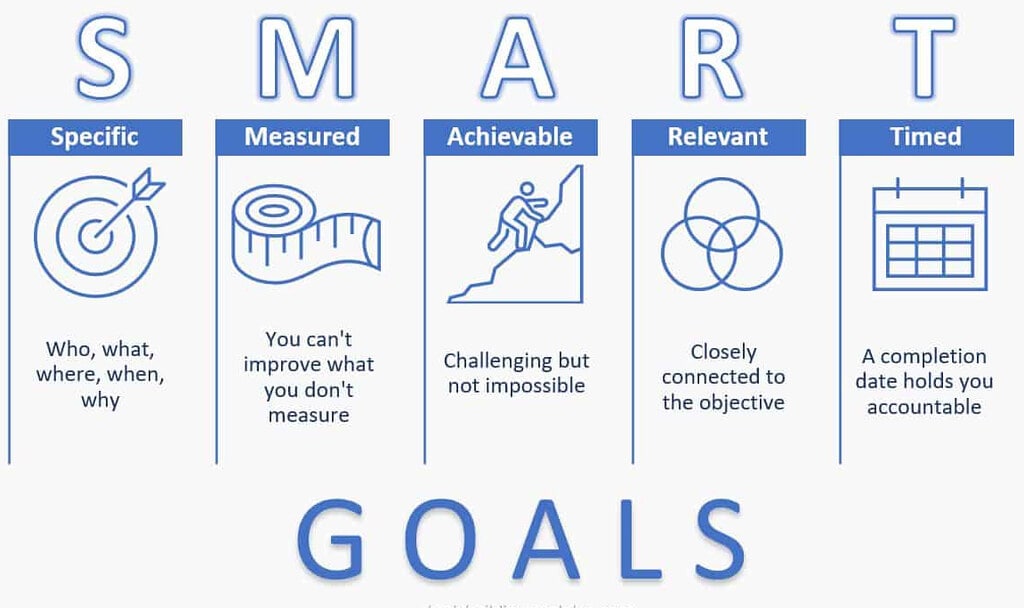
Understanding Your Target Audience
Understanding your target audience is essential when planning a digital marketing campaign. By knowing who your potential customers are, you can tailor your marketing strategies to meet their needs and preferences. This helps maximize the effectiveness of your campaigns and ultimately drives better results.
One way to understand your target audience is through market research. This involves collecting and analyzing data on your audience’s demographics, behaviors, and preferences. By gaining insights into their age, gender, location, interests, and online habits, you can create targeted and personalized campaigns that resonate with them.
Analyzing performance data is another crucial step in understanding your target audience. By tracking the performance of your previous campaigns, you can identify what resonated well with your audience and what didn’t. This helps you refine and optimize your marketing strategies for better results.
Creating buyer personas is a key step in understanding your target audience. These are fictional representations of your ideal customers based on market research and customer data. Buyer personas help you visualize and understand your target audience better, enabling you to create content that addresses their specific needs, challenges, and preferences.
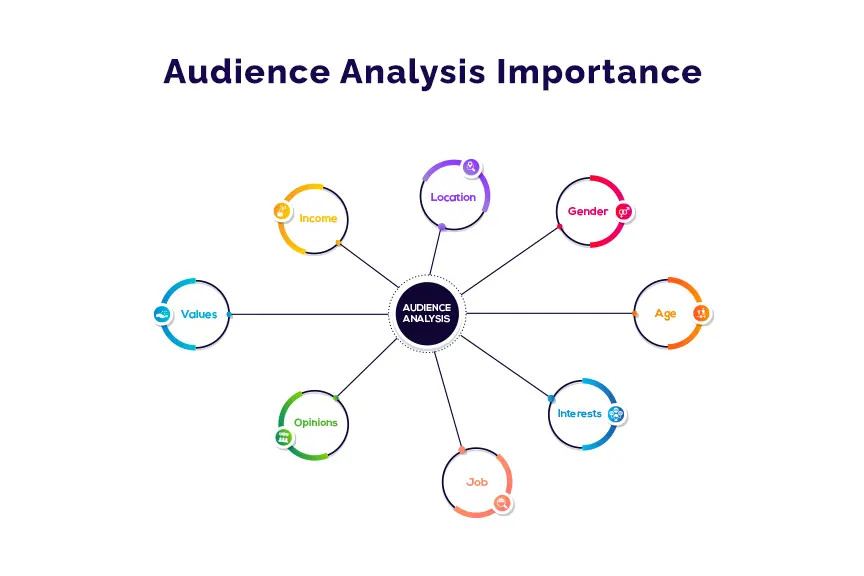
Choosing the Right Digital Channels
When it comes to choosing the right digital channels for your business, there are a few key steps to follow. Firstly, you need to evaluate your existing digital channels and assets by conducting a thorough audit. This involves analyzing your website, social media platforms, email marketing tools, search engine optimization, and any other digital channels you currently have in place.
To conduct an audit, assess the performance of each channel by looking at metrics such as engagement, reach, conversion rates, and return on investment. This will give you a clear understanding of which channels are generating the most value for your business.
Once you have evaluated your existing assets, you can then determine which digital channels are best suited for your marketing campaign. Consider your target audience and where they are most likely to be active online. For example, if your target audience consists mainly of young adults, social media platforms like Instagram and TikTok may be more effective. On the other hand, if your target audience is professionals, LinkedIn may be a better choice.
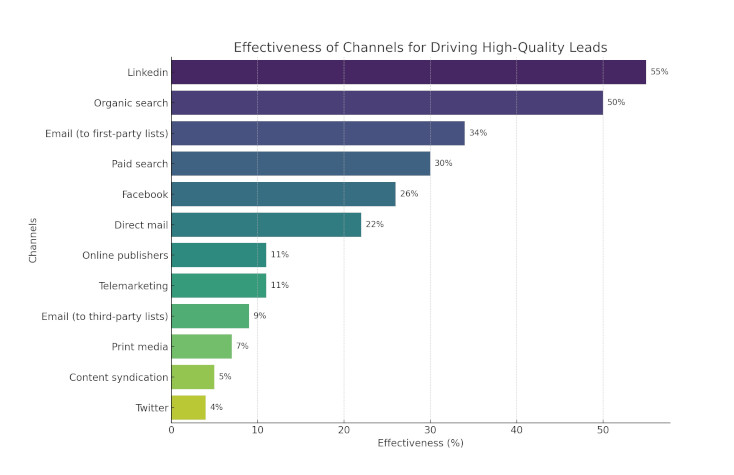
Crafting Compelling Content
Crafting compelling content is a crucial aspect of any successful digital marketing campaign. It serves as the foundation for engaging with your target audience and establishing a strong online presence.
One type of content that can be utilized is blog posts. These allow you to provide valuable information, establish your expertise, and drive organic traffic to your website through search engine optimization (SEO). Additionally, videos are highly effective in capturing the attention of your audience and conveying your message in an engaging and visually appealing way. Infographics are another powerful tool that can simplify complex information and make it more digestible for your audience.
Social media posts are also essential for connecting with your audience on various platforms. These posts should be entertaining, informative, and shareable. By consistently posting relevant and valuable content on social media, you can boost engagement and attract more potential customers to your brand.
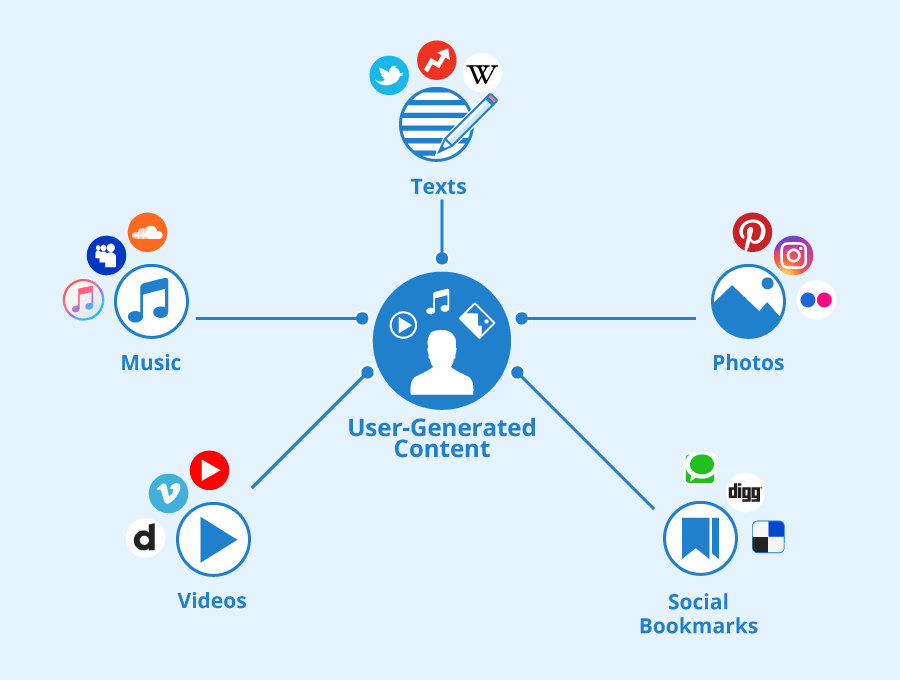
Measuring and Adjusting
Measuring and adjusting are crucial aspects of any successful digital marketing campaign. Without ongoing analysis and optimization, it’s difficult to understand the effectiveness of your efforts and make necessary improvements.
Measuring the performance of your digital marketing campaigns allows you to track key metrics and determine what strategies are working and what needs adjustment. By analyzing data related to website traffic, engagement, conversions, and other relevant metrics, you gain insights into the behavior and preferences of your target audience.
There are various analytics tools available to help you track and measure the success of your digital marketing efforts. Google Analytics is one of the most popular, providing valuable data on website traffic, user behavior, and conversion rates. Social media platforms also have their own analytics tools that offer insights into post reach, engagement, and audience demographics.
Some key metrics to track include conversion rates, click-through rates, bounce rates, and engagement levels across different marketing channels and tactics. By monitoring these metrics, you can identify areas that need improvement and make data-driven decisions for optimizing your digital marketing campaigns.
Measuring and adjusting should be an ongoing process in your digital marketing strategy. By continuously analyzing data and making necessary adjustments based on insights gained, you can optimize your campaigns for better results and ensure that your marketing efforts align with your business goals.
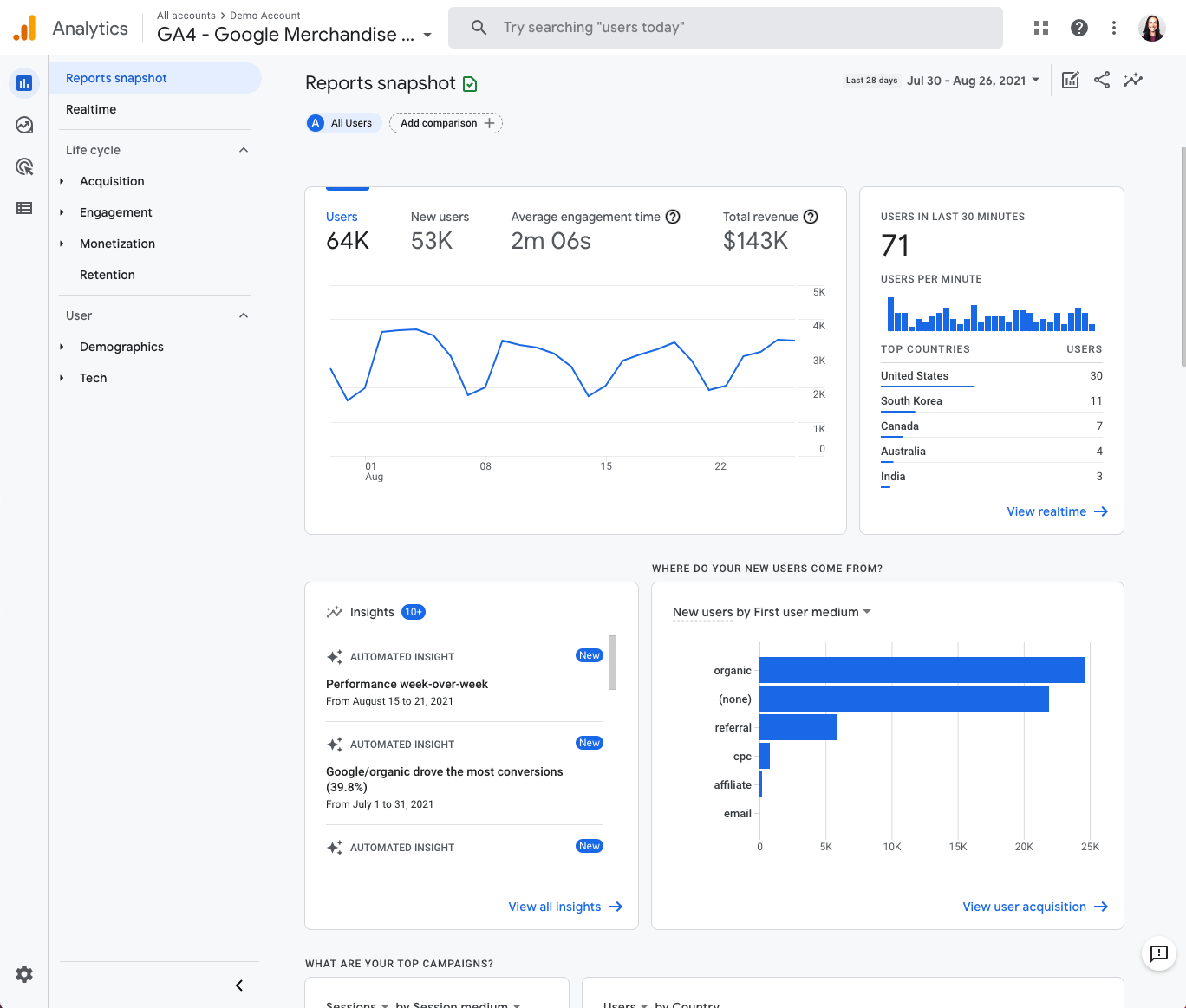
Source: https://ahrefs.com/blog/how-to-use-google-analytics/
Choose the Right Tools For Your Campaigns
When it comes to running successful digital marketing campaigns, it is essential to choose the right tools that can help you measure and analyze the performance of your campaigns effectively. With so many tools available, it can be overwhelming to decide which ones to use.
Social Media Platforms
Social media platforms play a crucial role in successful digital marketing campaigns. Here are the top platforms commonly used by businesses:
- Facebook: With a massive user base, Facebook provides a valuable opportunity to reach potential customers and engage with a target audience. Through targeted ads, Facebook Pages, and groups, businesses can build brand awareness, drive website traffic, and generate leads.
- Instagram: Known for its visually-driven content, Instagram is ideal for businesses targeting younger audiences or those in visually appealing industries. By utilizing Instagram Stories, posts, and hashtags, businesses can showcase products, services, and company culture effectively.
- Twitter: Twitter’s real-time nature makes it an excellent platform for quick updates, promotions, and engaging conversations. Using relevant hashtags, businesses can amplify their reach to a wider audience and build brand authority by participating in industry discussions.
- LinkedIn: Primarily a professional network, LinkedIn is ideal for B2B marketing efforts. Businesses can leverage LinkedIn Pages, groups, and advertising to connect with industry professionals, share valuable content, and establish thought leadership.
- YouTube: As the world’s second-largest search engine, YouTube offers businesses the opportunity to reach audiences through video content. By creating educational or entertaining videos, businesses can captivate their audience, increase brand visibility, and drive traffic to their website.
Search Engines & SEO Strategies
Search engines and SEO strategies play a crucial role in planning a successful digital marketing campaign for businesses. With billions of searches conducted each day, search engines like Google and Bing are often the starting point for potential customers looking for products or services.
Optimizing your website for search engines is essential to improving your online visibility and driving organic traffic to your site. By implementing SEO strategies, businesses can ensure that their website appears on the search engine’s results pages when relevant keywords are searched. This increased visibility allows businesses to reach a larger audience and potentially attract more potential customers.
Effective SEO strategies include conducting thorough keyword research to identify the terms and phrases that potential customers are using to search for relevant products or services. By strategically incorporating these keywords into website content, businesses can increase their chances of appearing in search results.
On-page optimization involves optimizing various elements of a website, such as meta tags, headers, and URL structure, to improve its search engine ranking. This includes ensuring that the website has quality and relevant content that provides value to users.
Building high-quality backlinks from reputable and relevant websites is another effective SEO strategy. Backlinks not only bring referral traffic to a website but also signal to search engines that the website is trustworthy and authoritative.
Email Marketing Tools & Lists
In a successful digital marketing campaign, email marketing tools and lists play a crucial role in reaching and engaging with potential customers. These tools allow businesses to directly communicate with their audience, delivering personalized and targeted messaging that can drive conversions and increase brand loyalty.
Email marketing tools such as Mailchimp, Constant Contact, and HubSpot offer businesses powerful features to create, send, and track email campaigns. These platforms provide user-friendly interfaces, customizable templates, and advanced automation capabilities, making it easier for businesses to create professional-looking emails that resonate with their audience.
Building and maintaining targeted email lists is vital for effective email marketing. By collecting and segmenting email addresses based on demographics, interests, or purchase history, businesses can tailor their messaging to specific customer groups. This targeted approach increases the likelihood of engagement and conversions.
Analytics & Performance Tracking Solutions
Analytics and performance tracking solutions play a crucial role in planning a successful digital marketing campaign for businesses. These tools provide valuable insights into website performance, social media engagement, and audience behavior, allowing businesses to make data-driven decisions and optimize the effectiveness of their marketing efforts.
Social media analytics tools allow businesses to track and monitor their social media engagement. These tools provide data on audience demographics, reach, and engagement rates, allowing businesses to understand which platforms and content perform the best. This information helps businesses tailor their social media campaigns to resonate with their target audience and drive better results.
Dashboard programs provide a centralized view of all marketing metrics, allowing businesses to compare and analyze data from different channels. These tools allow businesses to track progress, monitor trends, and identify actionable insights to inform their decision-making process.
Popular analytics and performance tracking tools include Google Analytics, Facebook Insights, LinkedIn Analytics, and Hootsuite. These platforms offer businesses the ability to monitor and analyze data in real-time, providing a comprehensive view of their digital marketing performance.
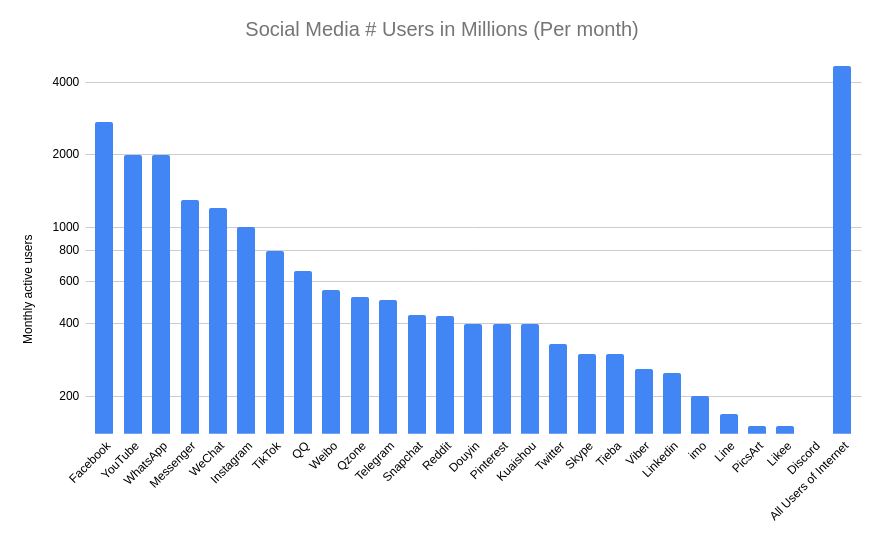
Develop a Content Strategy That Resonates With Your Audience
Developing a content strategy that resonates with your audience is crucial for the success of your digital marketing efforts. By understanding your target audience and what they are looking for, you can create content that is relevant, engaging, and valuable to them.
Utilize Blog Posts, Videos, and Other Content Types
Utilizing different types of content is an effective strategy in digital marketing campaigns. One such type is blog posts. Blog posts allow businesses to provide valuable information to their potential customers, while also incorporating relevant keywords to improve organic search engine rankings. These posts can engage the target audience by offering insights and tips related to the business’s industry.
Videos are another valuable content type for digital marketing. They are highly engaging and can capture the attention of the target audience. Videos can be used to showcase products, demonstrate their usage, or even share customer testimonials. Additionally, they can be shared across various social media channels, increasing visibility and brand awareness.
Other content types, such as infographics, podcasts, and case studies, can also be utilized to educate and engage the target audience. Infographics provide visual representations of complex information, while podcasts allow for in-depth discussions and interviews with industry experts. Case studies present real-life examples of how the business’s products or services have successfully solved customer problems.
Make Sure Content is Relevant to Target Customers
In the world of digital marketing, creating relevant content is key to reaching and engaging with your target customers. Content marketing focuses on providing valuable information to your audience while also optimizing it for search engines.
To ensure your content resonates with your target customers, it is essential to understand their needs and interests. Take the time to conduct research and gather insights about your audience demographics, preferences, and pain points. This information will enable you to create content that addresses their specific challenges and interests, making it more valuable and engaging.
When your content aligns with the needs and interests of your target customers, it becomes more effective in attracting and retaining their attention. By offering relevant and informative content, you position yourself as a trusted authority in your industry and build credibility with your audience.
Exploring the Role of SEO Agencies in Digital Success
Contacting a top SEO consultant is an essential step for businesses planning and executing a digital marketing campaign. With their expertise and guidance, these consultants can provide invaluable insights to ensure the success of your campaign.
An experienced SEO consultant understands the intricacies of digital marketing and can help businesses navigate through the ever-changing landscape. They have a deep understanding of various digital marketing strategies, including search engine optimization (SEO), social media marketing, content marketing, and more. By consulting with them, businesses can tap into their knowledge and gain a competitive advantage in the digital space.

Baris Coskun
Baris Coskun is 8 years experienced SEO Expert that specializes in content and technical SEO strategy creation/implementation progress for large-scale, multilingual, and international targeting websites.

